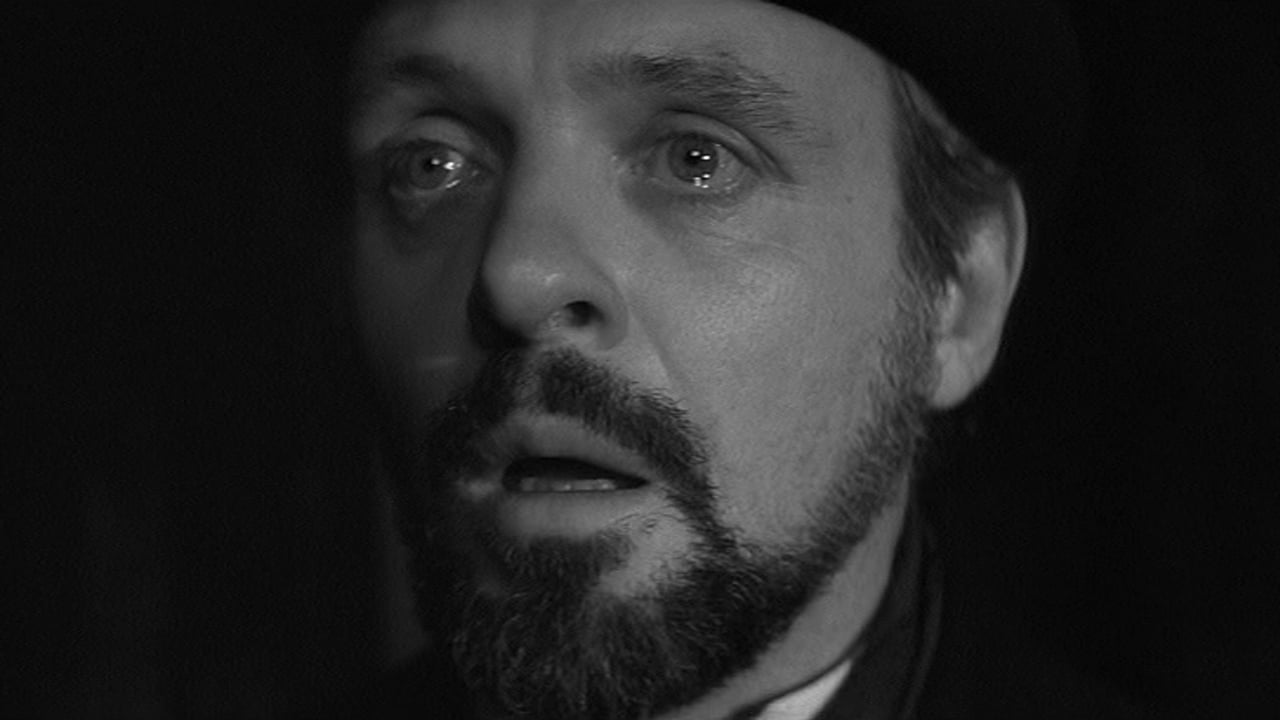A deeply humanist film, which more than once offers spectators emotional lifts of devastating power, “Elephant Man” ends with a sequence carrying an emotional charge that would split stones in two…
In the Victorian era, John Merrick, known as the Elephant Man, is so hideously deformed that he is condemned to the degrading life of a freak in the middle of a traveling circus. Regularly humiliated and mistreated by his master Bytes (Freddie Jones), a cruel drunkard, John Merrick is then discovered by a renowned young surgeon, Frederick Treeves (extraordinary Anthony Hopkins).
Fascinated by this grotesque character, he then asks Bytes to entrust Merrick to him for a while, and has him admitted to his dispensary, where he can introduce him to medical students in his anatomy classes. John Merrick is 21 years old, does not seem to be able to express himself orally, and has monstrous deformities that Treeves has never seen with his own eyes in his life.
Carlotta Films
“Can you imagine for a moment what hell his life must have been?” says Doctor Carr Gomm, his superior and director of the hospital. “I think I can, yes” replies Treeves. “I doubt…” Gomm retorts. For Treeves, there is no doubt: in addition to being incurable, John Merrick is congenitally defective.
Housed in the hospital, more or less secretly in a single room, so as not to shock the other patients, Treeves nevertheless discovers in Merrick a being gifted with great intelligence and sensitivity, thirsty for love…
An essay on human dignity
In the galaxy of works by David Lynch, Elephant Man is undoubtedly the one that remains the most accessible from its author. She was also cruelly and scandalously forgotten at the Oscars in 1981 where she left empty-handed despite her eight nominations including that of Best Actor for an unforgettable John Hurt, who went down to posterity in the guise of the character.
Without Manichaeism, with great honesty towards his subject and his audience, Lynch weaves through an admirable black and white photograph signed by Freddie Francis the story of beauty transfiguring ugliness. A profoundly humanist film, which more than once offers viewers emotional lifts of devastating power.
How can we forget this terrible sequence where Merrick is pursued by a curious crowd in the station, hunted down like a wild animal? “I am not an animal! I am… A human being! I am… A man!” he blurted out, before collapsing…
At the end of this unforgettable story about human dignity, the inevitable moment arrives, carrying an emotional charge that would split stones in two. Merrick removes his pillow and lies flat to sleep, a suicidal act of deliverance from his suffering. “My life is full because I know that I am loved” Merrick was already saying to Treeves, as they were getting ready to go to the theater.
And while Samuel Barber’s Adagio for strings begins to resonate, his mother’s voice, of infinite beauty, whispers the poet’s verses Alfred Tennysonthe universe opens on the head of his son breathing his last breath of life: “Never, no, never… nothing dies. The current flows, the wind blows, The cloud floats, the heart beats. Nothing will die.”
42 years later, we still haven’t recovered from the heartbreaking end of this absolute masterpiece.
